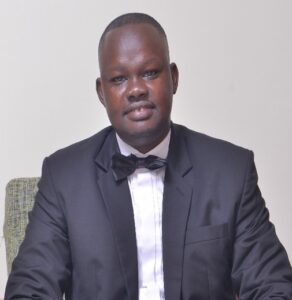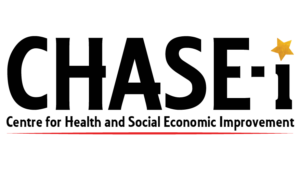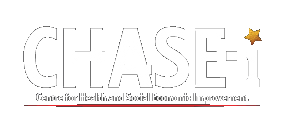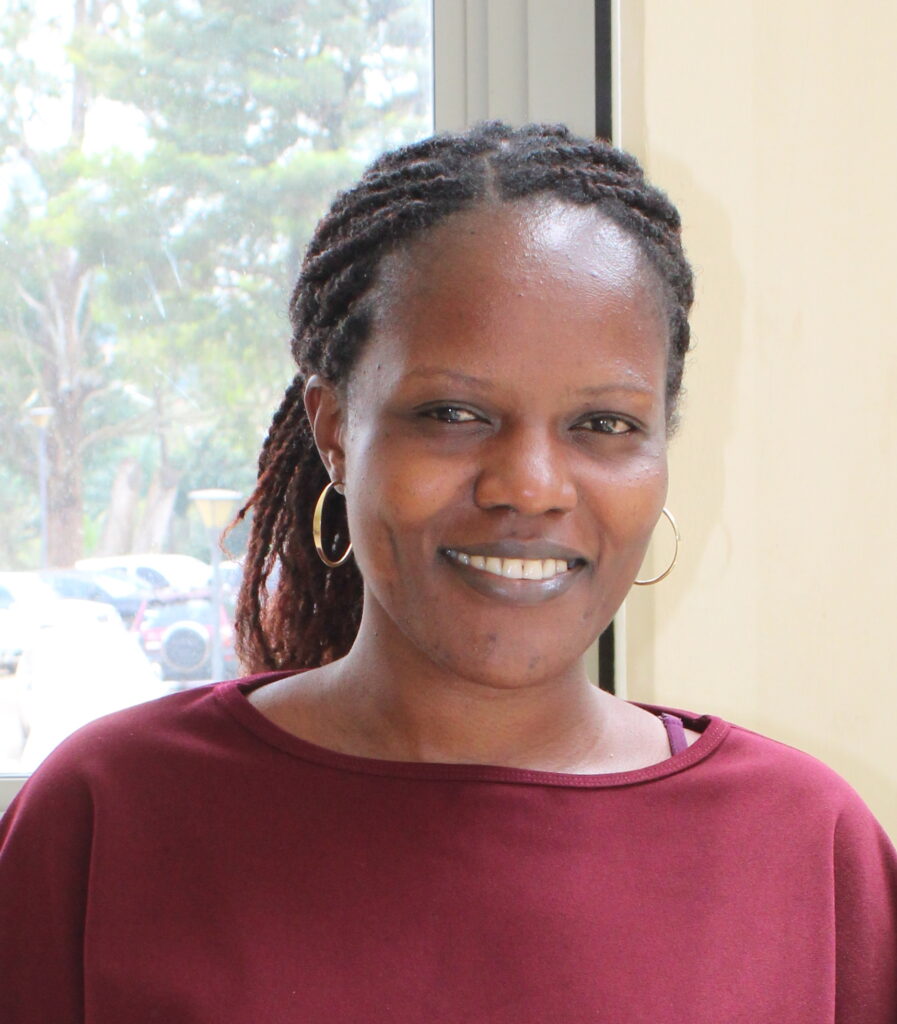COVID-19: How I experienced it.

Francis Abura
- January 27, 2021
I wake up one day to a video of a colleague next to whom I had sat in a meeting battling with breathing and on oxygen at one of the regional COVID treatment centres. On seeing this video, I go into panic mode – so scared about what was happening to my colleague! Later we were all asked, as his contacts, to go test. I go to test after so much encouragement from one of the other colleagues who had tested. Earlier that week I had experienced some sneezing, running nose, but since it only came in the morning I thought that could be the usual morning allergies due to coldness. My fear for testing was not the outcome of the test, but rather the process of collecting the sample from my throat: “would it pain?, what was it like?” Anyway, I went, tested and continued with my usual business. However during that time I was having this unexplained back pain which I thought was probably just a bad sleeping posture.
So, it turned out that 3 of my colleagues had tested positive which made me more worried. But somehow since I didn’t experience any cough, difficulty in breathing, I gained some confidence that I may be negative. Initially they had told us that the results would be sent on mail. You can imagine how many times i checked my email only to find nothing. So, I call the testing centre and the lady on the line is like “for you we didn’t send your results because they were positive”. I go numb. Meanwhile my wife had this unexplained dry cough – very irritating when she coughs. Knowing your results is good, it helps you to take right course of action. Like what to eat, how to medicate, what not to eat, what to do, what to avoid, places to avoid. Wear a mask. etc. But I also think knowing your result psychologically affects you. Meanwhile, before I got my results I was feeling very fine; but from the moment I got my results, almost all the symptoms of the disease started manifesting.
What were these Signs and Symptoms?
- Sore throat showed up, my tongue could bleed after brushing my teeth
- Back pain
- Heat in the chest
- knee pain
- Feeling fatigued, like you have worked a lot without rest
- Feeling so tired, even after a small physical activity
The Calls!
I get a call from the Ministry of Health after 6 days from the time I tested, asking if I got the results. I tell them yes. They are like “some people are coming to pick you to take you to isolation at Namboole”. I am like “I am self-isolating at home. It found me on leave, so am self-isolating”. They are like “no, we need to pick you up and take you into isolation”. I go into panic mood. That means picking me and my wife. Who takes care of the kids, what will they think, how will they feel, how do my kids survive? Etc. I then get a call from my In-charge advising me about the next course of action, she asked me how I was feeling and advised that I self-isolate at home, because that was what was recommended in the current guidelines to be followed for asymptomatic or mild cases. Then I get an unknown call, and the person is like “I am a driver of an ambulance from Red Cross and I have been asked by MoH to come pick you”. I tell him “I am currently self-isolating at home. I am fine am doing well”. They say “Okay if you are fine, then we will be praying for you. Just stay home stay safe and keep on a mask”.
Then one of the pharmacists who tested positive in that meeting also calls me and advises me on what list of drugs to get and the things to do during that period. The drugs included;
- Azithromycin tablet 500mg once daily for 5 days
- Zinc sulfate tablet 20mg once daily for 10 days
- Vitamin C tablet 500mg twice daily for 10 days
- Calcium and Vitamin D tablet once daily for 5 days
- Paracetamol tablet 1gm whenever in pain.
I get these drugs for myself, my wife and the kids at home, plus masks and sanitizers.
- Sore throat showed up, my tongue could bleed after brushing my teeth
- Back pain
- Heat in the chest
- knee pain
- Feeling fatigued, like you have worked a lot without rest
- Feeling so tired, even after a small physical activity
What else apart from the drugs did we do?
- We took lots of fruits daily – pineapple, apples, mangoes, melons, oranges, lemons.
- We decided to start sleeping for a minimum of 8 hours daily.
- We decided to do physical exercises every day. We played basketball together, did some jogging and brisk walking within the compound under the sun.
- Drinking warm water first thing in the morning.
- Steaming with hot water containing herbs like eucalyptus, mangoes, guava, pomegranates and loquat leaves.
How did we deal with the symptoms?
- Sores in the month: Gargling salty water, once daily for just three days, and the sore throat was gone.
- Pain in the back: We did some physical activity, and that helped plus taking paracetamol tablets.
- Heat in the Chest: Sipping of hot water throughout the day.
- Fatigue: Had a minimum of 8 hours of night sleep.
- Cough: Personally, I didn’t have cough but my wife did, and her cough become persistent. She completed her doze of Azithromycin but nothing worked. So one day, while chatting on phone with one of our friends who seem to have had symptoms of COVID, they advised us to get Amoxicillin and that’s what cured the COVID cough after three days.
House and Children: We made sure the children stayed in the bedroom most of the time and open compound. And I could spray the bedroom every day with sanitizer, restricting them from accessing the room.
16 days later I get a call from work to go test again, which I did and 48 hours later I get back negative results. I am then am given 7 more days to rest before getting back to work.
Dealing with the Aftermath
It took over 2 months for the symptoms to completely go, especially the fatigue and back pain which would return occasionally. All of a sudden you feel malaise. Putting on a mask became part and parcel of me, even when am alone. Am on a mask.
What are some of the Positive things that came out of this COVID experience?
Most family bonding: We got time to bond as a family. We spent a lot of time thinking, reflecting, sharing ideas together, talking and taking care of each other, ensuring everyone had taken their medicines. We did exercise together as a family, played together, prayed together, laughed together, watched movies together. We really did spend time together.
What should people do in a situation that they get COVID 19?
- My advice is that, COVID-19 is not a death sentence therefore people should not fear to open up. They need to open up so as to get support from family and friends. This support can be financial, moral and spiritual and also helps to kick out stigma related to COVID. It also helps unnecessary visitors from visiting anyhow, since they would already know how you are doing.
- People should share their experiences; this helps a lot as far as coping with the disease is concerned.
- Managers or supervisors need to support their team members during such times, just like my supervisor kept calling me every two days to check how I was doing and this enabled me to talk about these things openly hence fostering the healing.
- Work places should put systems in place to manage employees in case they got infected. Prevention measures should also be in place.
- People should pray and get spiritual and psychosocial support. Prayer strengthens one spiritually and psychologically but also prayer heals.
About the Author
Francis’ work is in pharmacy and public health. He is also a devoted father and community leader. Francis can be reached at francisabura@gmail.com


